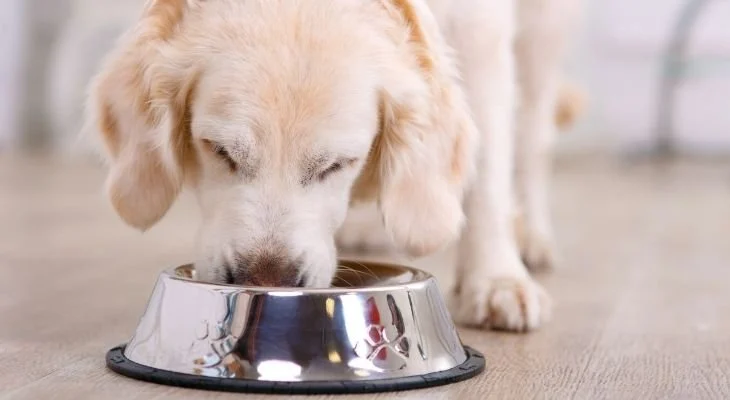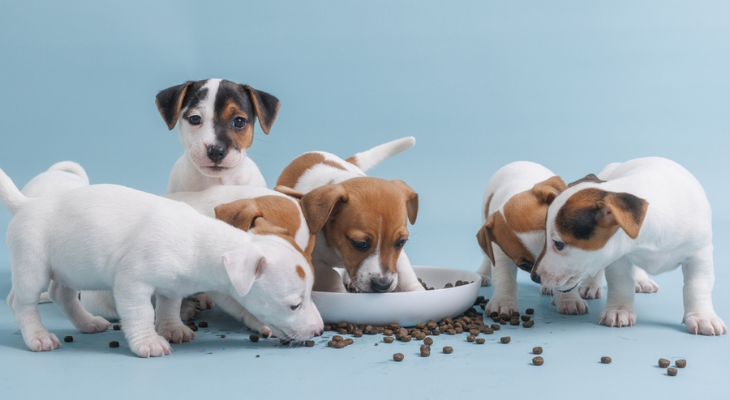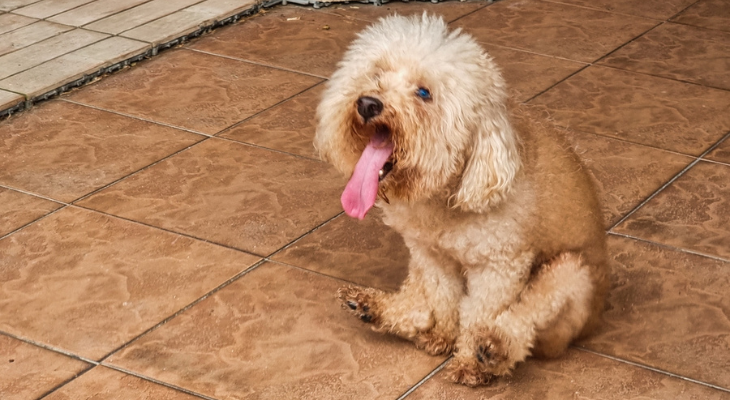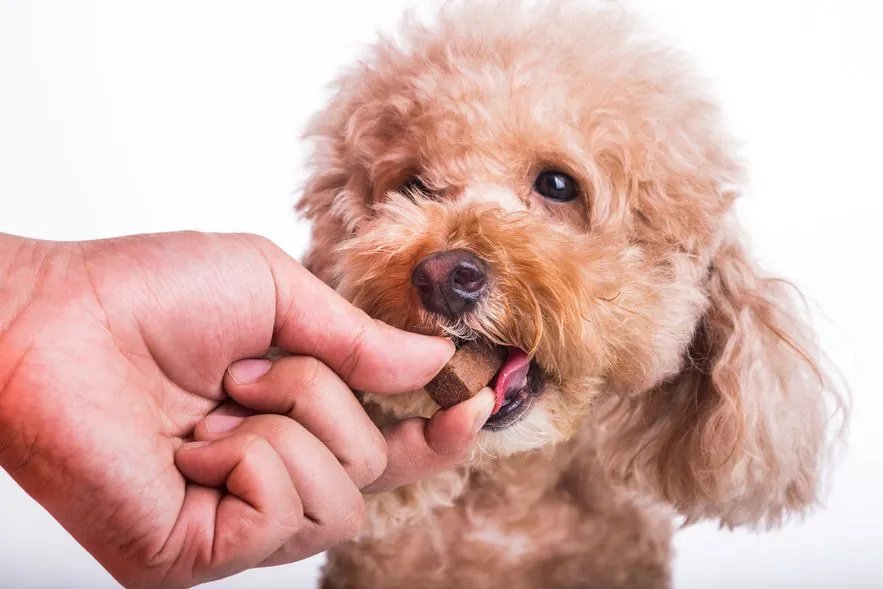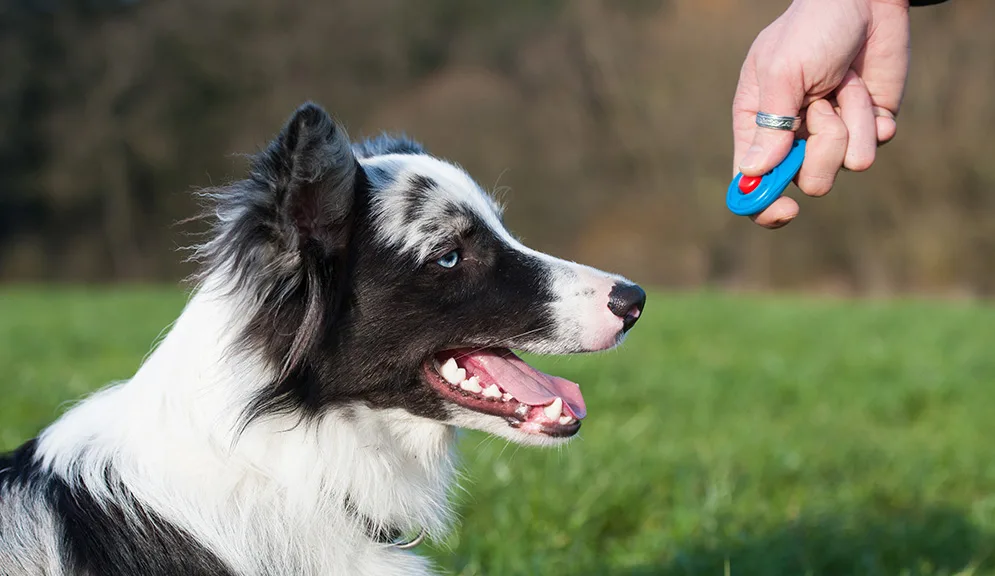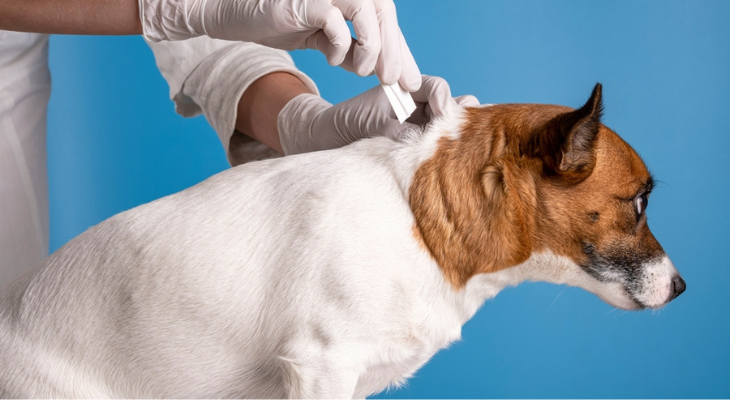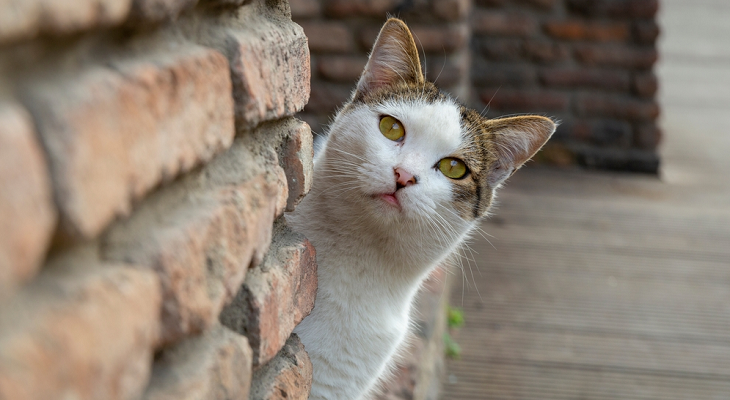🐶 Puppies
Feeding your puppy a high-quality diet specifically formulated for puppies is essential for healthy growth and development. A variety of diets and formulations are available, but your veterinarian should be your primary guide in choosing the best option for your pet.
✔ How Often Should You Feed Your Puppy?
- 6 to 12 weeks old: Feed three times daily.
- 12 weeks to 6 months: Reduce to two meals a day.
- Over 6 months: Feed once or twice a day, depending on your puppy’s needs.
Since portion sizes vary by food type and breed, only offer as much food as your puppy can finish within 5 to 10 minutes at each meal.
For large-breed dogs, your veterinarian may suggest several smaller meals instead of one large meal, even in adulthood. This approach can help prevent gastric dilatation-volvulus (GDV) or “bloat,” a life-threatening condition associated with consuming large meals too quickly.
🐱 Kittens
Your kitten should also be fed a high-quality diet specifically designed for kittens. Your veterinarian is the best source for selecting an appropriate diet based on your kitten’s breed, size, and health needs.
✔ Choosing Between Dry & Canned Food
- Dry food is often more economical and helps reduce plaque and tartar buildup on teeth due to its rough texture.
- Canned food can be added as a supplement but should always be fed at set mealtimes to prevent spoilage.
✔ How Often Should You Feed Your Kitten?
Kittens can be fed free-choice or at scheduled mealtimes. However, many veterinarians recommend structured mealtimes to help monitor food intake.
✔ Bowl Safety Matters
- Stainless steel bowls are the safest option.
- Avoid plastic and ceramic bowls, as they can develop scratches that trap bacteria. These bacteria are linked to feline acne and skin irritation.
Providing a nutritious, well-balanced diet at the right times will help ensure your pet grows into a healthy and happy companion! 🐾🍽
